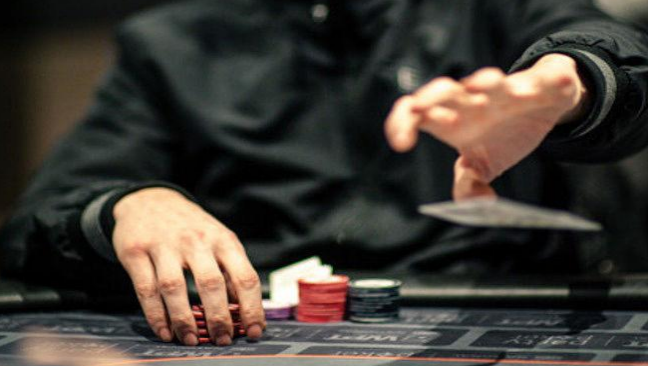In poker, to “fold” is to give up on the current hand. When a player folds, they discard their cards and forfeit any chance of winning the pot in that round. This decision often comes as a result of the player determining that their hand is not strong enough to compete against the other hands in play.
Strategic Implications of Folding in Poker
Folding to Manage Risk
Poker is as much a game of risk management as it is about having the best hand. Knowing when to fold can be as valuable as knowing when to bet. A well-timed fold can prevent unnecessary losses and help maintain a stable chip stack.

Folding as a Sign of Respect
In certain scenarios, folding can be seen as a sign of respect for another player’s skills or perceived hand strength. For example, if a highly skilled player makes a large bet, other players may fold not because their hands are weak, but because they respect the betting player’s ability and don’t want to compete against them.
| Poker Terms | Explanation |
|---|---|
| Folding | Giving up on the current hand |
| Bluffing | Pretending to have a stronger hand than you do |
Understanding When to Fold
Reading the Table
Reading the table is a crucial aspect of determining whether to fold. Players should pay attention to their opponents’ actions and betting patterns. Aggressive betting may indicate a strong hand, whereas hesitation might suggest weakness.
Assessing Hand Strength
Knowing the strength of your own hand is also crucial. If the community cards don’t improve your hand and other players are betting aggressively, it might be a good time to fold.
Folding and Poker Etiquette
In terms of poker etiquette, it’s considered polite to fold promptly when you’re sure you don’t want to continue with the hand. This helps keep the game moving and respects the time of the other players. Furthermore, once a player has folded, they should avoid discussing their discarded hand as it could influence the ongoing play.

